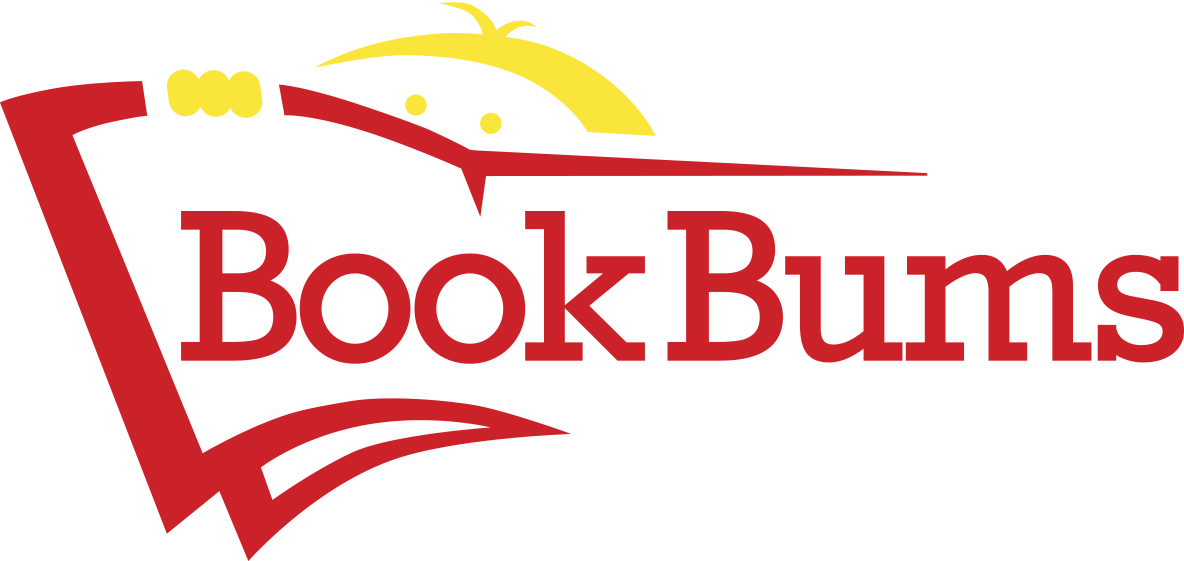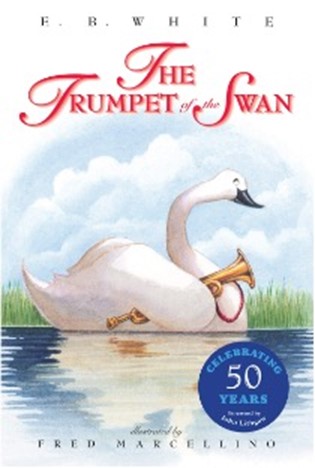
Hello Book Bums families!
This week we are thinking about writing as well as reading, and we're sharing activities to get you and your children putting pencil to paper. Kids who read and talk about books may naturally want to try creating their own.
“A great novel, rather than discouraging me, simply makes me want to write.” — Madeleine L’Engle, author
Bookbums.com is an Amazon Associate; We earn from qualifying purchases. This means that if you click on a link to Amazon.com and make a purchase, We may earn a small commission at no extra cost to you. We do recommend the products. Feel free to find them by other means.
Word of the Week
alliteration (uh-lit-er-a-shun) noun/person, place, or thing - repetition of the same letter sound at the beginning of words.
Poets use alliteration to make sweet sounds.
*How many examples of alliteration can you find in this week's newsletter?*

Because alliteration catches our attention and aids memory, brand names and advertisers use it all the time. Consider these common brands.
Literary Calendar
- March 14 is National Write Your Story Day
- Make it a family activity by having everyone write the story of a favorite memory and then share them. Keep these written memories and add to them each year!
Tips for Families
5 Tips for Talking with Your Kids

Of course, we talk with our kids every day, but do you ever feel like the things you say go in one ear and out the other? Do you ever feel that all you do is bark directives at your kids to ensure everything gets accomplished as needed?
One thing I’ve learned as an educator is to stop talking so darned much. When teachers and parents go on and on (and on and on) about something we want our kids to know or do, we really can sound like the adults in Charlie Brown’s life.
Tip #1-
If it’s important for your child to hear, look them in the eyes and be quick and precise with your words.
Kids learn that they really don’t have to listen to much of what we’re saying, because we’re going to say it a dozen or so times across the next fifteen minutes. It’ll be buried within lots more words, but . . . I can tune out, here, for a while, and think about something more interesting. Hm. Is this a new freckle on my arm? Weird.
Tip #2-
Speak honestly. Reserve high praise for that which is worthy of high praise. Saying, “You DID it!” and giving a big hug can be enough.
Many adults feel they must gush to the point of lying to sell the fact that their child (or his effort, or her picture, or the adequate completion of a task) is worthwhile. I’ve heard adults exaggerate (to the point that my eyes, quite uncontrollably, roll back into my head) about children’s most trivial accomplishments. “That’s 100% right! You’re brilliant!”
When your son is on the edge of trying something new and his confidence is wavering--- but he’s sticking with it, OR the skills required to accomplish a task are just beyond your daughter’s own skill level, but she’s giving it a go nonetheless. . . THAT’S when you pour on the praise!
Tip #3-
The praise you offer isn’t about you. It’s about the other person. (If it isn’t, it isn’t genuine praise.)
Are you the one who walks into a room and says, “Here I am!” or are you the one who walks into a room and says, “There you are.”? When it comes to praising our children, keep the focus on the children. We cannot fake this.
All of the words we say trying to convince kids that we are fully engaged and that we’re seeing them when we’re really paying attention to something else absolutely diminish the power of the words themselves as well as the value of our input.
Tip #4-
Experiment with punctuating your speech with varying levels of volume, tempo, and intensity.
Music is made of sounds and silences. An entire piece played at forte is likely to sound more like noise. Our voices are similar. A quiet voice can be magical. Until it’s not. Then it’s just frustrating. Experiment to learn what captivates your child, but be careful not to overuse what’s working today—or tomorrow it’ll no longer be effective.
Tip #5-
Be a praise stalker and stealer. Store those praises up and strew them about as desired/deserved. Remember, when we copy others, it’s the ultimate compliment!
Notice what praises mean most to you. I teach kids to notice when authors use magical crafting techniques. We can do the same with spoken words. When your friends and family speak —pouring treasured words of praise over your heart— What do they say? How do they say it? When do they say it? What makes it so meaningful?
Long ago, a teacher wrote a thank you note to my son and me. It said, “I just love it!” That word just made me feel what I perceived as her genuine joy. I use that expression today, 25 years later, when I want someone to know just how meaningful something is to me. You can do that, too.
It may be true that talk is cheap, but cheap talk (aka thoughtless prattle) can be costly. Let’s use our word capital wisely. Often, less truly is more.
From our Bookshelves

Generations have grown up with E. B. White's classic novel, Charlotte’s Web, but we want to share a bit about another of his books that is perfect for reading in the springtime. The Trumpet of the Swan is a splendid read aloud book about a cygnet, Louis, who is born unable to speak. His parents find a creative way to give their son his voice. Interestingly, Louis cannot speak but he can read, write, and play the trumpet! He has many adventures and some of them include a human friend, Sam Beaver. Together, they find a way for Louis to win the love of his life and to raise a family of his own. Sam, a loyal friend, finds his future as well. This book is a great way to promote an interest in nature during the spring, journaling (like Sam), and even to introduce the music of Louis Armstrong! We highly recommend!
Write on!
Sam Beaver, in The Trumpet of the Swan, keeps a journal. Each night, before he goes to sleep, Sam writes down some interesting things he observed throughout his day. Then, he finishes his entry with a question he wants to think about as he falls asleep. You can encourage your kids to do this, too. Simply purchase a small spiral notebook, have a sharpened pencil handy, and encourage your kids to write a thing or two from the day, and then record a question they’d like to consider as they drift off to sleep. It’s a fun bedtime routine that promotes reflection, writing, and curiosity.

Tips for Readers and Writers
If your kids misread a word as you’re listening in, you should intervene, especially when they say words that change the meanings of the sentence. You could say, “Wait. Look at that word again. Make the sounds you see.” If they’re adding sounds that aren’t there, you could say, “Remember, if you don’t see the letter, you can’t say the sound.” If the kids don’t know a particular sound for a letter or letter combination (For example, in the word cent the c will sound like an s.), simply say, “When words have a c-e, c-i, or c-y the c often says /s/.” If you don’t know the phonics rule that governs the spelling, just say something like, “That word says cent but I can see why you made the /k/ sound. C does say /k/ most of the time.” Remember to focus on the words and not context clues or pictures that might be used to “guess” words.
Wordology Workshop
- The Latin root lit means letter.
- You can find it sitting at the center of our word of the week, alliteration.
Practical Grammar
Many people mix up fewer and less.
If you’re talking about the amount of something, you need to decide whether the item is all one thing or a group of many things. If it’s a group of things that you can count, you should use fewer. If it’s one thing, an amount that can’t be counted, you should use less.
Incorrect: The store was almost out of dog food. There were less cans on the shelves than there were yesterday.
Correct: The store was almost out of dog food. There were fewer cans on the shelves than there were yesterday.
Correct: There was less milk in the container after everyone had breakfast.
The next time you go to the grocery store, check the sign over the express check-out lane and decide if they’ve used fewer and less correctly!

Here’s the simple explanation:
As adverbs, generally, farther has to do with literal distance while further is used for figurative distance.
So . . .
a) farther b) farther c) further d) further
How did you do?
Okay, so what about this one?
Before we go any _________, let’s decide who’s driving.
It could literally mean, before we travel any more in this direction or it could mean before we move forward in this conversation. The good news is, in ambiguous cases, it doesn’t matter which one you use. Ugh.
Now, what’s up with this ad?

Is further used correctly? Doesn’t Ford want buyers to go farther?
Like most things, the waters are being muddied, and much of what was considered incorrect is becoming accepted.
Let’s agree not to look at this further, and use farther, only, when talking about literal distance.
*It should be noted that further has the additional meaning of “additionally” or “moreover.”
The young man offered no further information.
If you know someone who would benefit from our newsletter or tutoring at Book Bums, please share this email with them! Thank you.
Copyright © 2024 Book Bums, All rights reserved
Our mailing address is:
7967 Cincinnati-Dayton Road Suite L
West Chester, OH 45069

